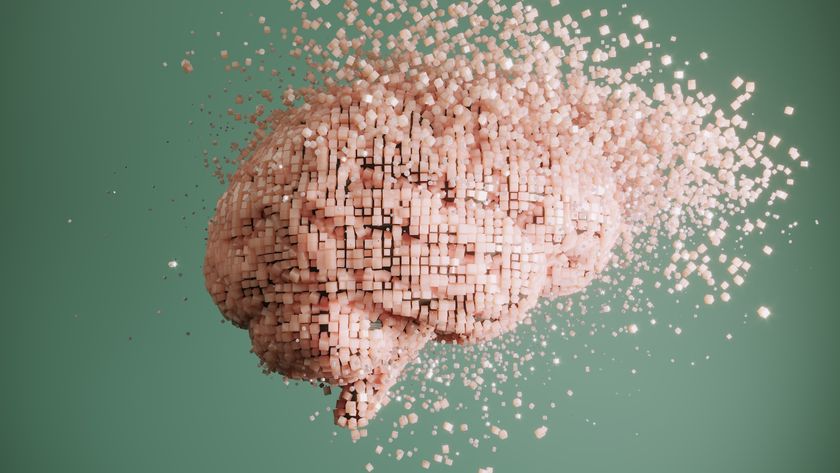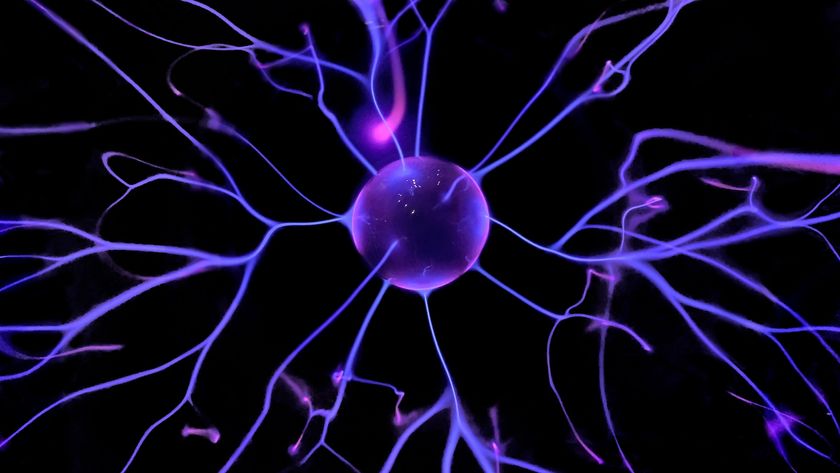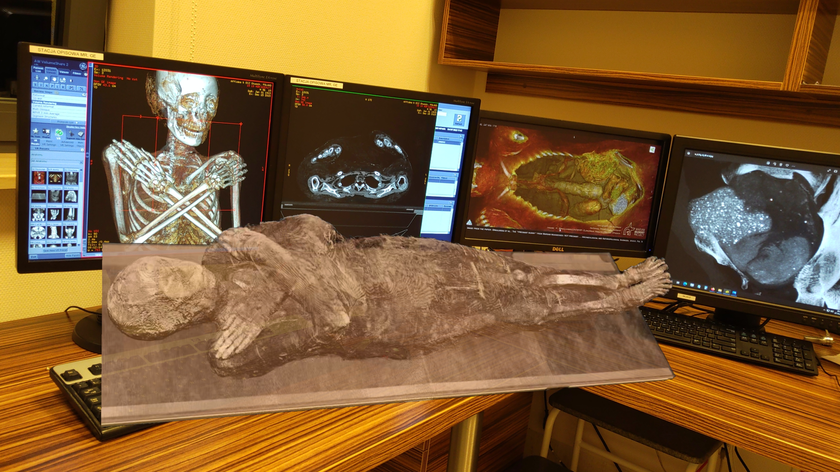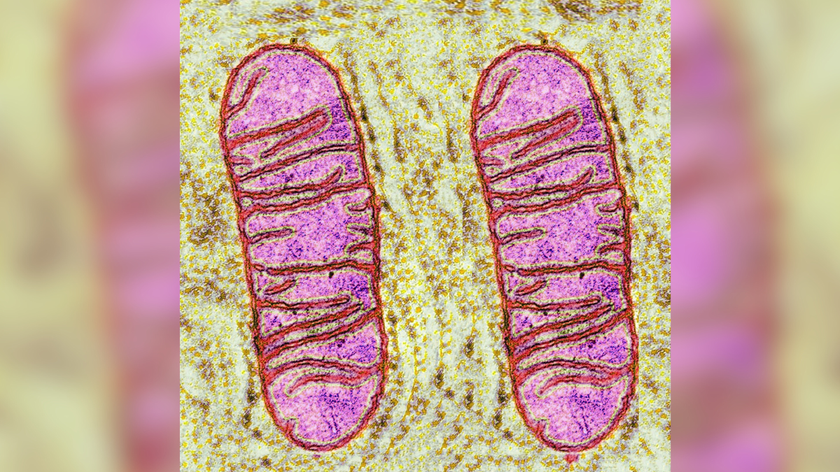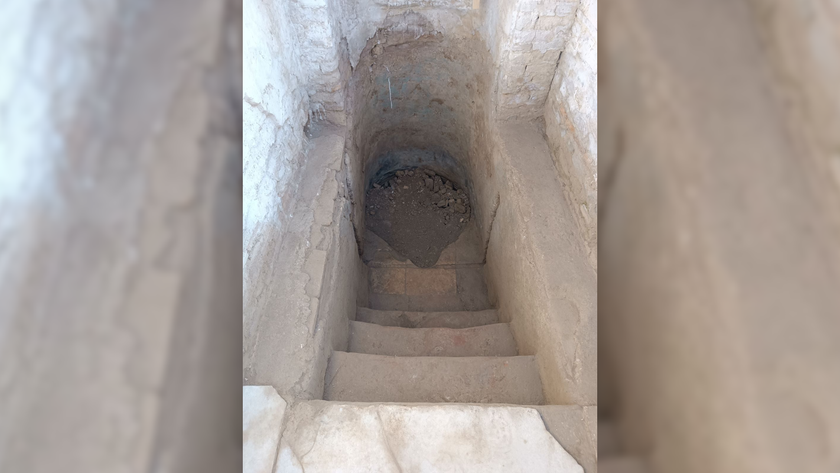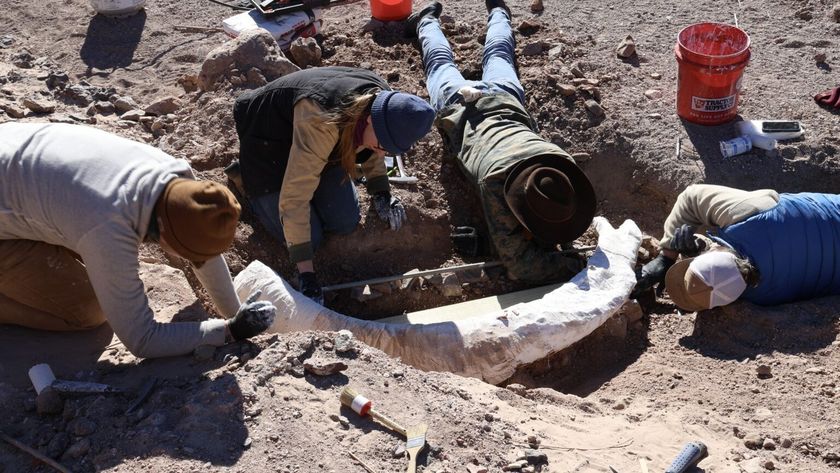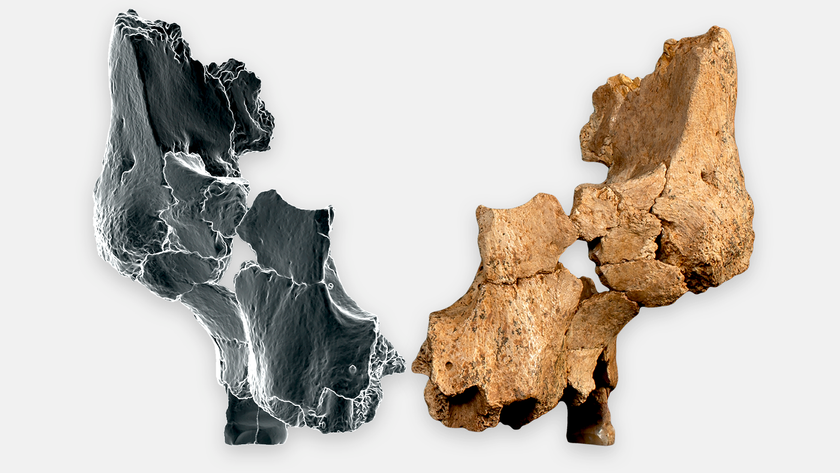Why We Remember Traumatic Events Better

Scientists have zeroed in on an answer to why we remember traumatic events better than the mundane.
In a study of rats, emotionally arousing events triggered activity in the amygdala, an almond-shaped part of the brain known to be involved in emotional learning and memory. The interaction then triggers production of a protein called Arc in neurons in the hippocampus, a brain region involved in processing long-term memory.
The scientists think the Arc protein helps store certain memories by strengthening synapses, the connections between neurons in the brain.
"Emotionally neutral events generally are not stored as long-term memories," said Christa McIntyre, a postdoctoral researcher at the University of California, Irvine. "On the other hand, emotionally arousing events, such as those of Sept. 11, tend to be well-remembered after a single experience because they activate the amygdala."
In the case of Sept. 11, other factors may be at play, of course, such as repetition of imagery in the media. Still, the new research suggests a previously unknown mechanism in memory solidification.
McIntyre and her colleagues put rats in a bright compartment with access to a dark one. Rats are nocturnal and prefer the dark.
As they went into the dark compartment, they were shocked mildly on the feet in what was considered not to be a strong emotional experience. When put in the light again, these rats headed for the dark.
Sign up for the Live Science daily newsletter now
Get the world’s most fascinating discoveries delivered straight to your inbox.
Another group of rats had their amygdala chemically stimulated as they got the foot shock. These rats, when placed in the light again, chose not to go back to the dark -- they remembered the foot shock. These rats also had more Arc protein in the hippocampus.
"In a separate experiment, we chemically inactivated the amygdala in rats very soon after they received a strong foot-shock," McIntyre said. "We found the increase in Arc was reduced and these rats showed poor memory for the foot shock despite its high intensity. This also shows that the amygdala is involved in forming a long-term memory."
The study will appear in today's issue of the Proceedings of the National Academy of Sciences.

